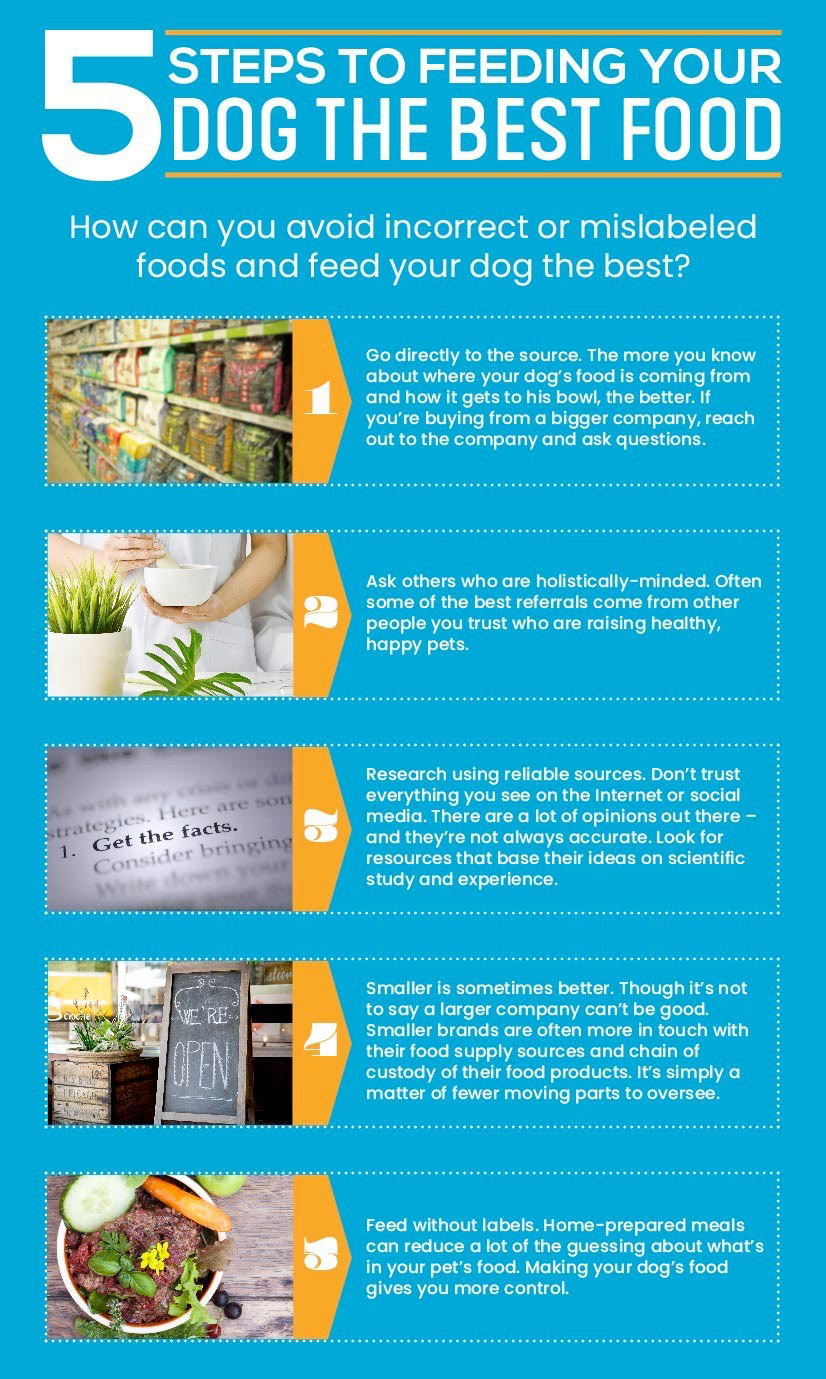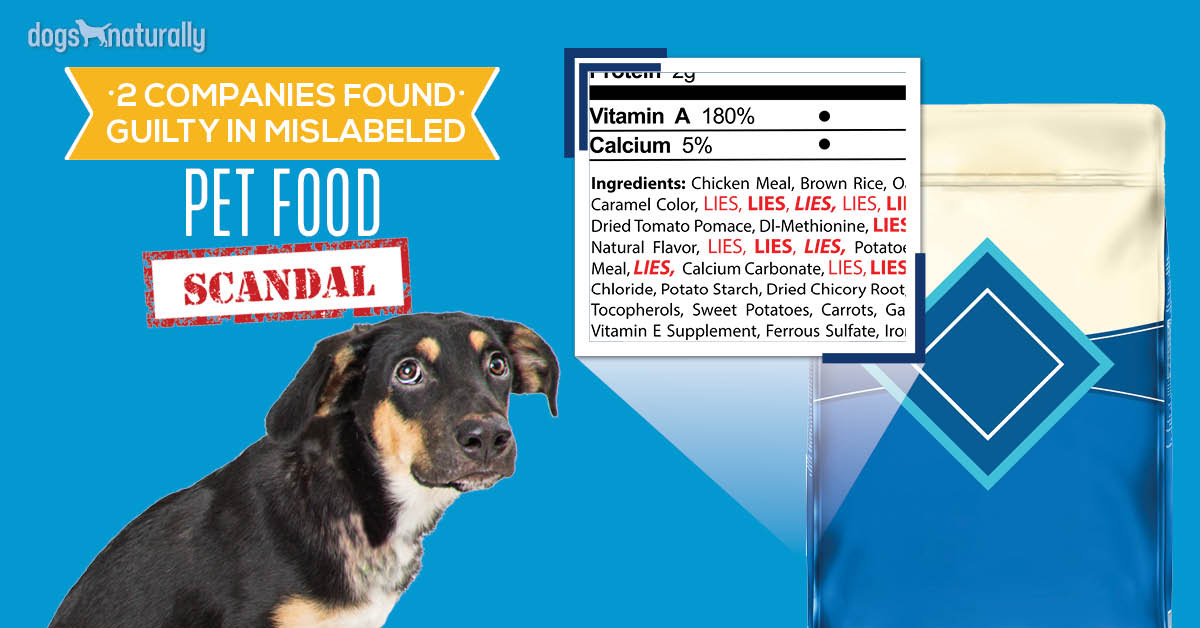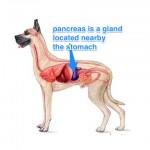You do everything you can to keep your dog healthy. You keep him well-exercised, buy him non-toxic toys and feed what you think is the best food.
Then one day you read this:
“A federal judge in St. Louis has ordered companies from Missouri and California to pay a combined $7 million for shipping ingredients containing poultry feathers and other misbranded items to pet food manufacturers”.
That’s what The Associated Press reported in October 2018. If you’re reading this, you probably go out of your way to research. You label read and even ask questions directly of manufacturers.
But what if the information on dog food labels can’t be trusted?
The Truth Comes Out
The companies on trial: Wilbur-Ellis Feed LLC of California and Diversified Ingredients Inc. of Missouri.
Federal authorities say Wilbur-Ellis substituted lower cost ingredients for chicken and turkey meal. This included ground-up feathers. This was done in shipments to pet food manufacturers in 2013 and 2014.
Broker Diversified Ingredients sold adulterated and mislabeled ingredients to their clients, according to AP.
These ingredients eventually ended up in Blue Buffalo dog food. This later lead to: Purina’s lawsuit against Blue Buffalo for false advertising, according to PetfoodIndustry.com.
Both Wilbur-Ellis Feed LLC and Diversified Ingredients have pleaded guilty to misdemeanor charges.
Not An Isolated Incident
In this case, the companies were held responsible. The public was made aware of the misdeeds and now both companies are going to have to pay up.
But this isn’t an isolated incident. Do other pet owners remain completely unaware of what they’re feeding their pets?
At least one study says yes.
In 2015, researchers at Chapman University DNA tested 52 commercial pet foods. Of the products that were tested:
31 were labeled correctly
20 were potentially mislabeled
1 contained a non-specific meat ingredient that couldn’t be verified
The researchers concluded:
“Although there are pet food regulations in place in the United States that are enforced by federal and state entities, there is still a lack of information on meat species authentication as well as accidental mislabeling and intentional food fraud. To date, few studies have been published on the prevalence of meat species mislabeling in pet foods. While this study suggests the occurrence of pet food mislabeling on the commercial market, further studies are needed to determine the extent of mislabeling and to identify points in the production chain where mislabeling occurs.”
Holistic veterinarian Dr Jean Dodds says this is an issue people should be aware of. And this doesn’t just mean pet owners. Vets recommending commercial and prescription diets and elimination trials also need to know.
Think back to all the pet food recalls involving the euthanasia drug, pentobarbital.
Dr Dodds reminds us about this too in her editorial (“Challenges in food quality, safety and intolerances”) in Timely Topics in Clinical Immunology, an international scholarly peer-reviewed journal:
“Of all the recent food recalls, perhaps the most alarming and disgusting was the admission that the tallow added to a popular company’s line of pet foods contained pentobarbital euthanasia solution from deceased pets. After the initial report from canned pet food, subsequent multiple testing of 24 brands of wet canned pet foods found only one popular brand that repeatedly tested positive for pentobarbital, albeit in very small amounts. But, no amount of this solution is permitted in foods.”
How To Protect Your Dog
Pet owners are caught in a frustrating and anxiety-inducing position. All you want is to protect your dog, but given the real possibility of mislabeled dog food labels, can you?

Of course.
So, how can you avoid those incorrect or mislabeled foods and feed your dog the best?
- Go directly to the source. The more you know about where your dog’s food is coming from and how it gets to his bowl, the better. If you’re buying from a bigger company, reach out to the company and ask questions. Learn everything you can and get a feel for how open they are to answering questions. If they are secretive, move on. If they’re happy to field your long list of questions, no matter how annoying, that’s a good sign. The key is trust. You have to feel you can trust the people behind the company.
- Ask others who are holistically-minded. Often some of the best referrals come from other people you trust who are raising healthy, happy pets. If you know a breeder who feeds natural food and has raised many healthy pets, ask away. If you can find a holistic veterinarian who is a food expert, don’t miss the opportunity to pick his or her brain.
- Research using reliable sources. Don’t trust everything you see on the Internet or social media. There are a lot of opinions out there – and they’re not always accurate. Look for resources that base their ideas on scientific study and experience.
- Smaller is sometimes better. Though it’s not to say a larger company can’t be good. Smaller brands are often more in touch with their food supply sources and chain of custody of their food products. It’s simply a matter of fewer moving parts to oversee.
- Feed without labels. Home-prepared meals can reduce a lot of the guessing about what’s in your pet’s food. Making your dog’s food gives you more control.
Unfortunately there’s no quick and easy fix for the mislabeling problem. But you can certainly help reduce the risk by being proactive and vigilant about what you feed.











